Togo
Protests are set to continue in Togo this Friday, following the government's adoption of a new constitution that allows long-time leader Faure Gnassingbé to remain in power indefinitely, now in the role of prime minister. At least five demonstrators have died in recent weeks during confrontations with security forces in the capital, Lomé.
The new constitutional framework, introduced in early 2024 without a public referendum, transfers all executive authority to the prime minister and reduces the presidency to a ceremonial role. Faure Gnassingbé, who has ruled since 2005, was officially installed as prime minister in May. The new president, 86-year-old Jean-Lucien Savi de Tové, was selected by the legislature.
Critics say the changes allow Gnassingbé to retain control without facing future elections. The Union pour la République (Unir) party, which dominates the national assembly, remains firmly in power due to electoral boundaries that favor its northern support base.
Protests have largely been led by young people, artists, and online activists, rather than the traditional opposition, which performed poorly in recent local elections. Government officials maintain the election was fair and argue that demonstrations must remain lawful.
Opposition groups and activists continue to call for reform and transparency.



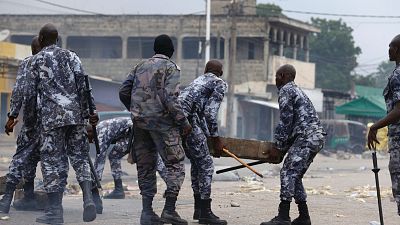

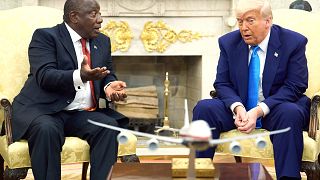
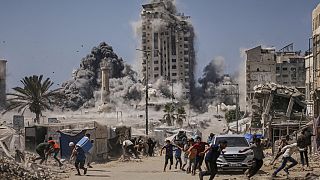
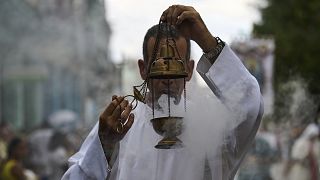


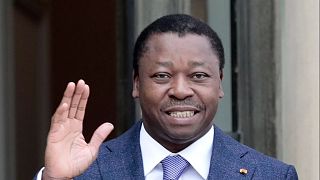

01:01
Turkey: Tenager arrested over killing of two police officers in gun attack
01:17
Nepal police kills at least 17 people protesting corruption and social media ban
01:18
Mass protests in Kenya, Senegal, South Africa condemn Israel’s Gaza War
01:00
Students clash with riot police in Jakarta over MPs’ housing benefits
01:28
Israelis call for release of hostages in mass protests
02:22
Burkina Faso demands justice after influencer Alino Faso dies in Ivorian custody